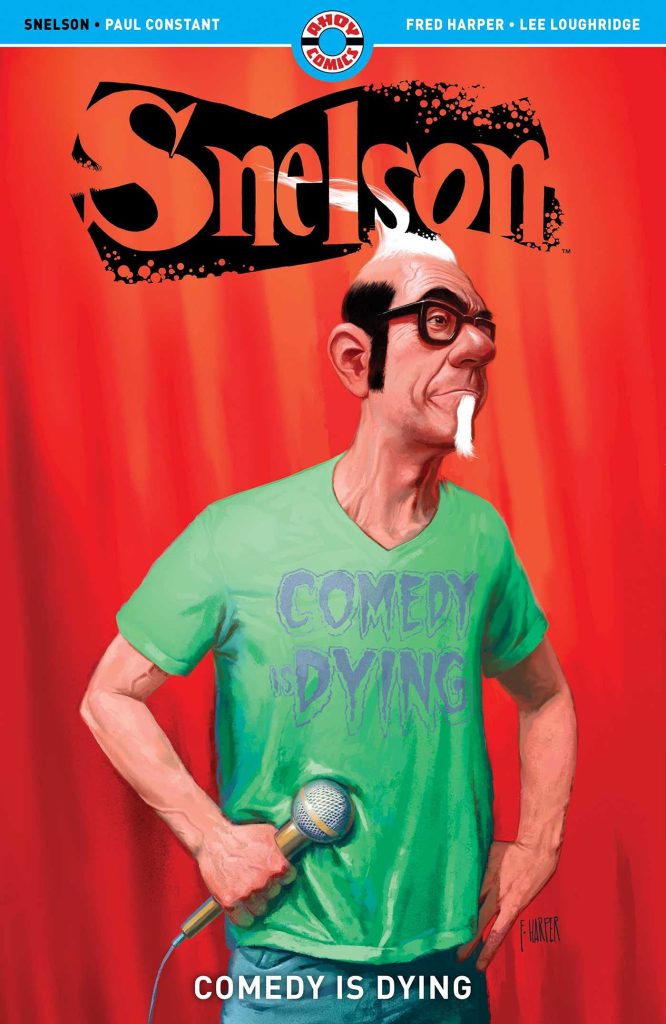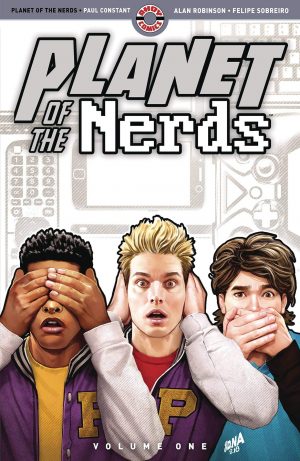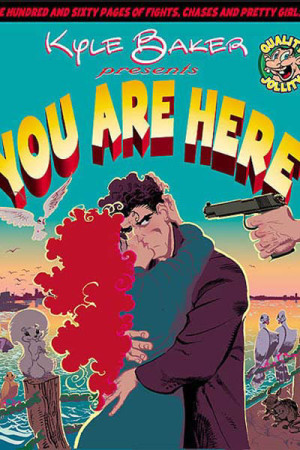Review by Ian Keogh
Back in the 1990s stand-up comedian Melville Snelson was on the cusp of making it. It didn’t happen, and twenty years later he’s touring a band of mixed hopefuls around the Southern US states, opening with a joke about his proctologist’s finger up his arse. It turns out that has greater relevance than he knew, and when he gets news by voicemail just before going on stage one night he cancels his own act to deliver a rant about cancel culture. The footage goes viral and Snelson’s soon a rallying point.
Paul Constant pitches Snelson well, so well in fact that it’s difficult to work out his own view on cancel culture. To begin with it seems the cast of modern-day stereotypes he’s gathered is as satirical as much of the remainder, but they’re not just there for box-ticking as views from their perspective feed into the debate. For instance, should anyone feel sorry for a white, middle-class, middle-aged comedian for not having the breaks they feel they ought to have had? Constant also branches out into other ills, such as the empowerment of social media trolls, making some witty comments along the way, but the effect is scattershot, as if discussion points are the priority rather than a story.
The lack of focus is disguised to some extent by the attractive cartooning of Fred Harper, who not only designs viably normal looking people, but he brings them to exaggerated life, in Snelson’s case over several forms. There are echoes of what Kyle Baker used to do when Snelson was supposedly at his peak, and his big people looming from the panels are reminiscent of Joe Sacco, but whatever his influences Harper’s art is all his own, and he supplies a fine sense of grubby desperation.
Snelson is the focus throughout as Comedy is Dying takes skips forward between chapters, but it’s only with the final chapter that the drifting ceases. Until then Nelson’s sense of self-entitlement is enough for him to brush off any responsibility for what he says and does, but when a crisis point arrives on his doorstep he has to confront it. Overall, there are good jokes, and readability is no problem over Snelson’s repeated personal rise and fall arcs, but while still better than average with Harper’s art dampening the reservations, Comedy is Dying frustrates for having unfulfilled potential.





